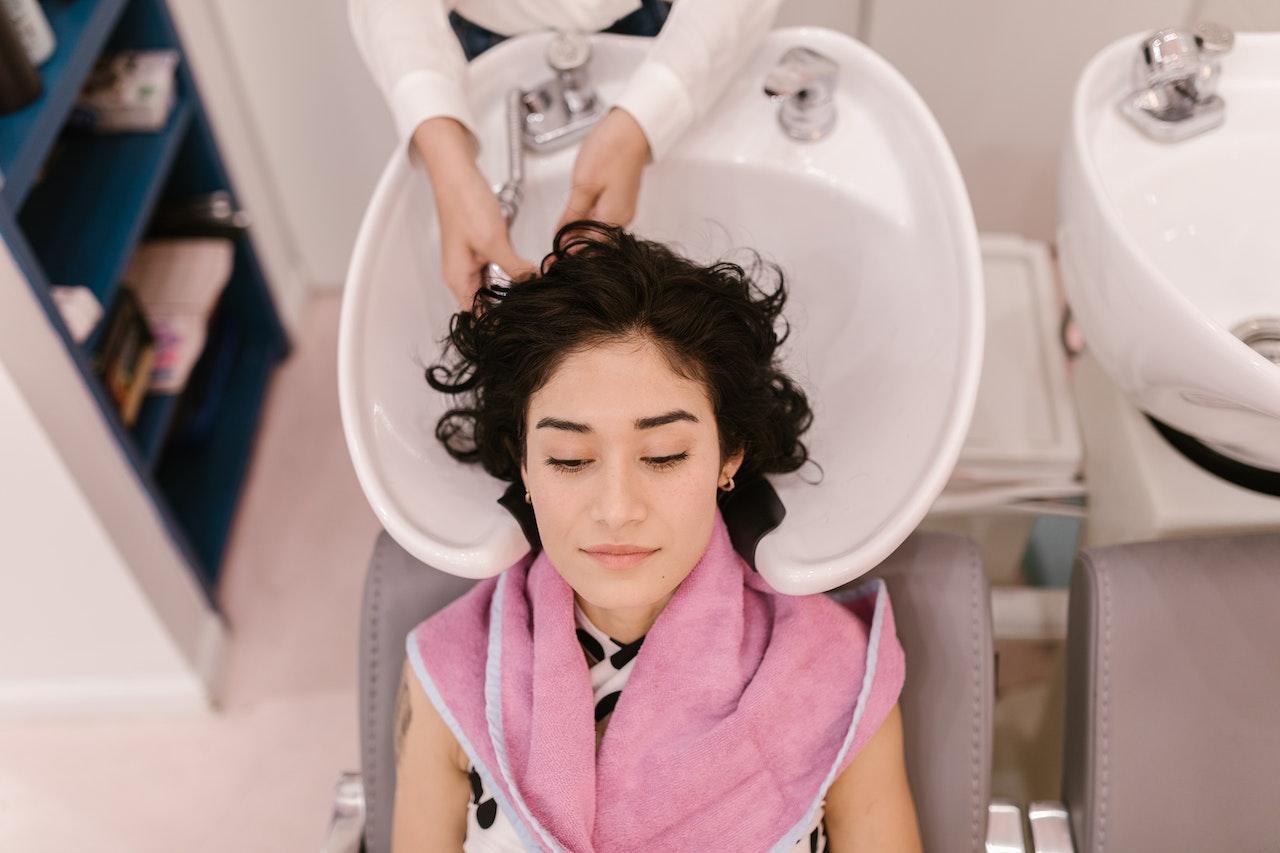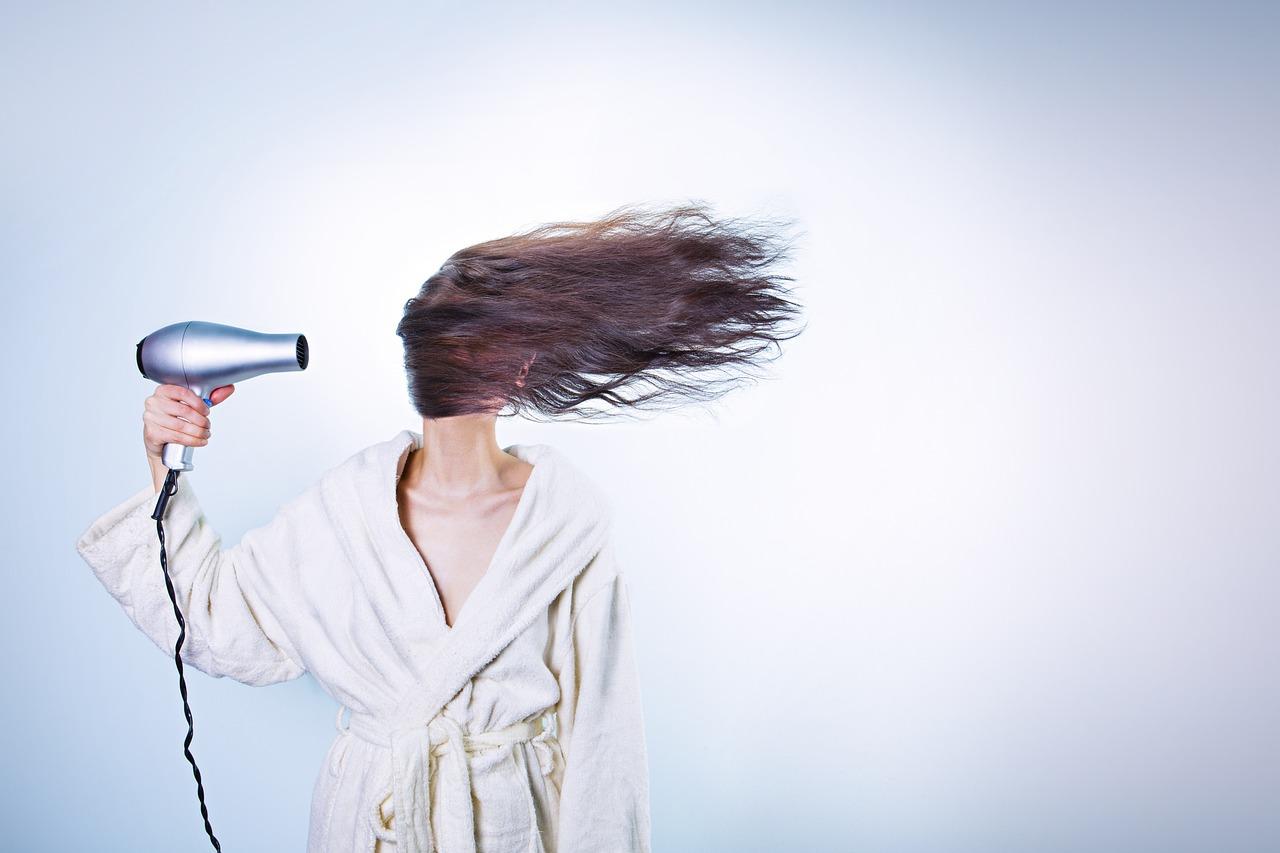Having healthy and shiny hair is among the desires of every individual. Dry scalp is a common problem faced by many. It usually manifests itself with symptoms such as itching, flaking, and discomfort. This occurs when the moisture balance in the scalp is disturbed. The reason is due to many different factors. Reasons such as decreased natural oil production in the scalp, frequent use of shampoo, washing with hot water, air pollution, stress and wrong hair care products contribute to the problem of dry scalp.
There are effective solutions available to deal with the problem of dry scalp! It is possible to minimize this situation with the use of the right shampoo and conditioner. In parallel, the regular use of natural oils and moisturizers that moisturize the scalp completely removes dryness. Methods such as avoiding washing the scalp with hot water, eating a healthy diet and staying away from stress help alleviate the problem of dry scalp. In our guide, we will examine the causes of dry scalp in more detail and offer effective solutions and show how readers can alleviate this problem!
WHAT IS DRY SCALP?
Dry scalp, as a common condition on the scalp, receives complaints from individuals. This dry scalp occurs when the scalp is less oily or moist than usual. The scalp is an area where the sebaceous glands are located and where natural oils are produced. These natural oils protect, moisturize and keep the hair healthy.
Dry scalp is caused by various reasons. These include genetic predisposition, excessive use of shampoo, use of hard water, exposure to heat such as hair dryers and straighteners. However, there are hot or cold weather, malnutrition, stress, hormonal changes and some skin diseases.

CAUSES OF DRY SCALP?
Dry scalp occurs due to many different reasons. Although it occurs for different reasons in each individual, the causes in general are as follows:
- The scalp naturally produces an oil called sebum. This oil keeps the scalp moist. Some factors (genetic factors, aging) reduce sebum production, leading to dry scalp.
- Some shampoos and hair care products dry out the scalp. Shampoos containing especially aggressive chemicals or sulfates destroy both natural oils and moisture in the scalp.
- Washing your scalp frequently also causes dry scalp. Using shampoo every day or too often strips the scalp of natural oils. Therefore, it causes moisture loss.
- Cold, dry air or extremely hot weather affects the scalp badly. People living in winter months or in dry climates face more dry scalp issues.
- Fungal infections of the scalp (such as seborrheic dermatitis) cause a dry, scaly scalp. These infections also cause itching and irritation.
- Excessive use of hair spray, gel or other hair styling products can cause dryness of the scalp. On the other hand, using high-temperature hair styling (hair straightener, curling iron, etc.) frequently also causes loss of natural moisture in the scalp.
If the dry scalp problem is not a serious condition, you can alleviate the problem by taking some precautions and using products that moisturize the scalp. In persistent or severe cases, you need to consult a dermatologist or specialist. Dry scalp is a symptom of a certain health problem.
WHAT ARE THE SYMPTOMS OF DRY SCALP?
Dry scalp includes details that can cause itching, flaking, dryness and sometimes irritation. Other than that, dry scalp symptoms include:
- Dry scalp causes itching. Itching is sometimes mild, but sometimes severe.
- Dry scalp leads to white or gray flakes on the scalp. These exfoliations fall on the shoulders and onto the hair.
- It is also often faced with the problem of drying and losing moisture of the scalp. The scalp may feel drier than normal. There is a feeling of tension or discomfort from time to time.
- In some cases, dry scalp causes scalp irritation and increased sensitivity. An irritating sensation may occur and the scalp becomes sensitive.
- When dry scalp is a serious problem, it also causes hair loss. However, hair loss is not considered a mild symptom associated with dry scalp.
If you are also experiencing the symptoms of dry scalp, it is important to consult a dermatologist or hair specialist. In this way, you can get healthy hair in a short time by taking the most ideal treatment method.

WHAT ARE EFFECTIVE REMEDIES FOR DRY SCALP?
Dry scalp is a problem faced by many people. This situation comes with itching, scaling and discomfort, and adversely affects the aesthetic appearance. Fortunately, there are multiple treatments for dry hair. These:
MOISTURIZE SCALP THOROUGHLY
One of the main causes of dry scalp is moisture loss! Therefore, you can use natural oils to moisturize the scalp. Vegetable oils such as coconut oil, argan oil , almond oil restore moisture to the scalp. You can apply these oils by massaging the scalp and wash them with shampoo after waiting for a while.
CLEANSE SCALP REGULARLY
Regular cleaning of the scalp removes dead skin cells and accumulated product residues. However, aggressive shampoos and frequent washing also dry out the scalp. You should take care to wash your hair several times a week using a sensitive shampoo.
USE SHAMPOO AND HAIR CARE PRODUCTS SUITABLE FOR SCALP
If you have a dry scalp, you should use a gentle and natural shampoo that is suitable for your scalp . You should avoid shampoos that contain aggressive chemicals such as sodium lauryl sulfate (SLS). On the other hand, when choosing conditioners and other hair care products, you should choose those with moisturizing properties.
AVOID WASHING WITH HOT WATER
Hot water causes negative effects such as drying the scalp. Therefore, you should prefer to wash your hair with warm or even cold water. On the other hand, you should try to keep your shower time short. Prolonged exposure to water also dries out the scalp.
PAY ATTENTION TO YOUR NUTRITION
Hair and scalp health is directly related to nutrition. You should follow a nutrition plan that includes nutrients such as omega-3 fatty acids, vitamins A, C, E, B vitamins and zinc. Since foods such as salmon, avocado, almonds, spinach, carrots and yogurt are beneficial for scalp health, they are recommended to be consumed frequently.
APPLY MOISTURIZING HAIR MASKS
For dry scalp, you can apply natural hair masks at home. For example, you can prepare a moisturizing mask by mixing natural yogurt, honey, coconut oil or avocado. You should apply these masks to your hair roots once or twice a week, wait for a while, and then wash.
MANAGE STRESS
Stress contributes to scalp problems. You can try yoga, meditation, exercise or relaxation techniques to reduce stress. A good sleep pattern also helps in reducing stress.










